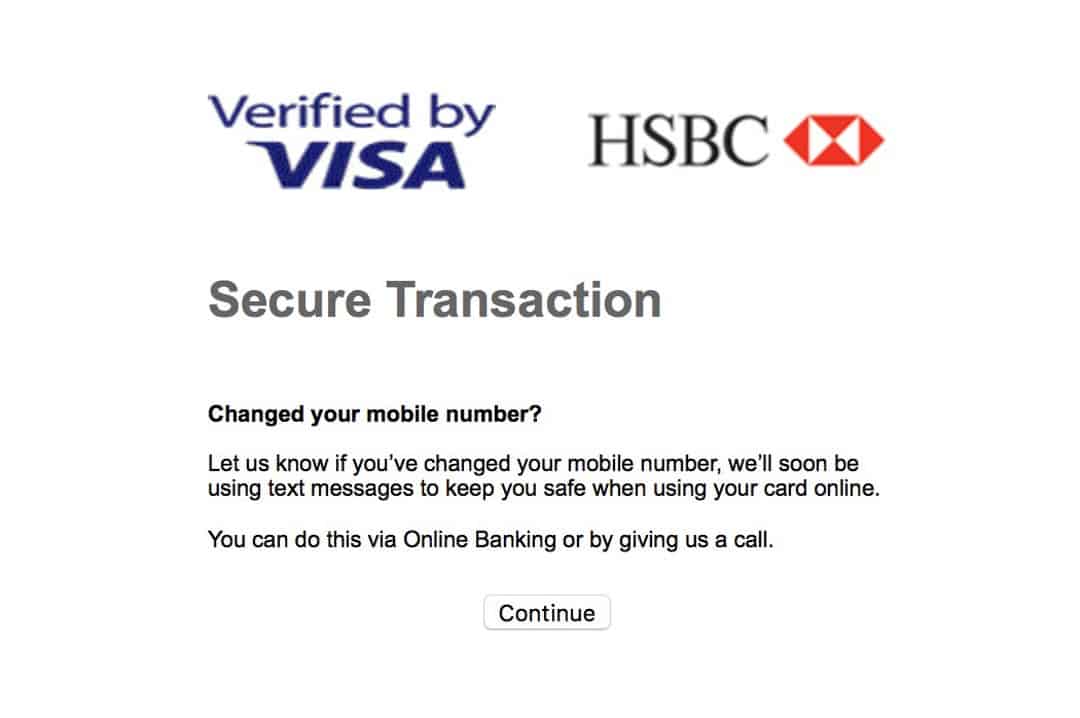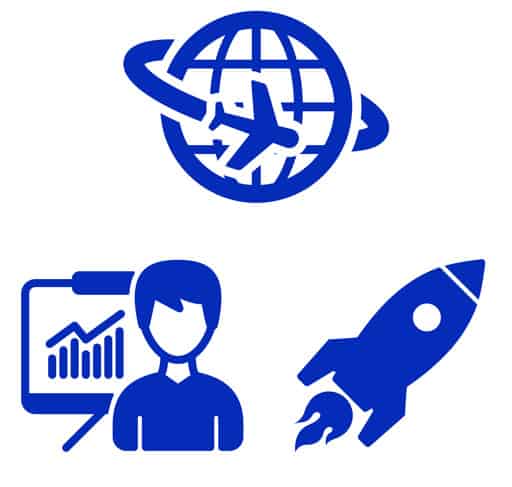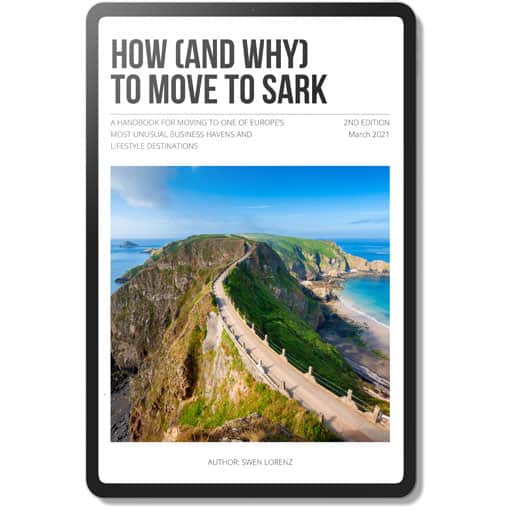Today, I come to you to humbly admit that the experiment failed.
Yet, it did bring some good outcomes!
This is the first time that one of my little undertakings failed to deliver:
- Switching to One Meal A Day for 3 months: I lost the weight that I wanted to get rid of, permanently altered my dietary habits, and the article about it to this day remains the single most retrieved piece on this blog (it’s literally gone global!).
- Staying off alcohol for 3 months: This led to my alcohol consumption permanently becoming more selective, and my overall intake is down by about 80%.
- I did a few other ones that I haven’t written about (yet), e.g., changing my workout regime and – just four weeks ago – stopping to drink coffee. They’ve all worked out as desired, by and large.
My mobile phone experiment can only be described as defeat. My original goal was to entirely kick the phone out of my life and cancel my provider contract. It’s now clear that this is not going to happen.
Here is why it didn’t work out, and why I am still glad that I attempted it.
Failure #1: Banks and other evil corporations won’t let you
In my original article, I mentioned the difficulty of requiring a mobile phone to carry out SMS identification for web services, bank accounts, credits cards and the like. With that, I mean the pesky text messages with code numbers that you need to receive in order to unlock or use a service.
I’ve tried a whole variety of ways to circumvent this problem.
The frustrating thing is that these SMS confirmations are not even particularly safe. Companies that are truly on top of security issues have already moved on to two-factor authentification (“2FA”).
Personally, I find it repulsive that large corporations can force you to use a particular technology of other large corporations just so that you can use their services.
Yet, others are actually heading into the wrong way rather than to finally eliminate 2FA. Below is a recent screenshot from my HSBC account, telling me that the bank is going to use SMS identification MORE often in the future. As always when dealing with large corporations, this falls into the category of: “You couldn’t make it up!”

Other companies have for years refused to change their system, even if users keep complaining about it. PayPal is an excellent example, and this is another service that I simply could not work without.
Personally, I find it repulsive that large corporations can force you to use a particular technology of other large corporations just so that you can use their services. You end up with a circular system of being locked into a network of monopolies, which gives way too much power to these companies.
But after much to and fro, I have simply given up on this point. At least for now, it’s a choice between being able to use my bank account, or not.
This alone would require me to have a mobile phone and (given how these things arise unexpectedly) to carry it with me most of the time.
Failure #2: Breaking a serious Civil Commandment of our time
I had not fully expected what a hostile backlash you provoke if you tell people that you are not using a mobile phone (anymore).
It’s one thing to tell newly made contacts and friends that you don’t have a mobile phone. They will primarily look at you in wonder.
But it’s an entirely different thing to tell existing contacts and friends that the number they used to be able to contact you on for the past 12 years will be taken out of service and won’t be replaced with another mobile phone number. I tested this on a representative group of people.
This step provoked serious anger and annoyance. Even more so than when you tell people that you don’t drink.
I have more sympathies with this particular point than with the SMS identification issue. Admittedly, it is a bit like telling friends that they can eff off and will be cut out of your life to a certain degree. Putting myself in their shoes, I see their point.
This step provoked serious anger and annoyance.
My advice is to not even attempt this. After testing it on a small group of people that I know well enough to subject them to such risky experimentation, I decided not to actively roll this out.
You sometimes have to know when to stop an offense and retreat.
Failure #3: Unexpected practicalities
I take great pride in being assiduously punctual, able to read and memorise maps, and generally on top of plans (and having one in the first place!).
Though even then, there are occasions when you can’t avoid playing along with society’s norm, which is that everyone is connected via mobile phones.
When you receive this article in your inbox, I’ll be in Uzbekistan. I was lucky enough to be invited on a group trip with finance professionals, to investigate the country’s emerging from the dark period of the Islam Karimov dictatorship (which, in a way, makes Uzbekistan the last major country to emerge from Soviet times).
The host and organiser set up a WhatsApp group for the trip. Which, if you are in a developing country with a very tight schedule and lots of moving bodies, is an entirely sensible and practical thing to do.
Would I want to insult the host’s efforts and hospitality, and upset the other group members, by being the ONE person who messes up the group’s organisation and workings?
After a delightful 12 months of not having had WhatsApp, I have just re-installed it for one week, and I’ll delete it again before I fly out of Tashkent Airport.

Looking for clever ways to invest your hard-earned cash?
Head over to my investment website Undervalued-Shares.com for common sense investment opportunities from around the world. Ideas that you won’t find anywhere else!
A mountain simply too steep to climb
With two of the three issues mentioned above, I could have tried today’s no. 1 proven trick to get out of anything, i.e., claim some form of victimhood:
“Constantly reading terrible news on my mobile phone gave me a rare anxiety disorder. My psychiatrist ordered me to either get an Emotional Support Llama or to get rid of my mobile phone. Sorry!”
It’s a bit like with not drinking at social gatherings in Britain. It’s easier just to say: “I am a recovering alcoholic. Sorry!” Even if it’s made up and everyone knows it, that’ll stop the conversation in its track and hands you a golden get-out-of-jail card.
Though even then, my banks, PayPal and various other service providers would bring my life to a halt.
Which is why I have given up on the entire goal, though not without feeling like this did yield some positive results after all!
Here is the good stuff that came out of the experiment
In my original article about the subject, I wrote why I am generally (but not always!) disinclined towards taking phone calls:
- Emails leave a useful written record of everything, phone calls don’t.
- I can read emails at a time when it suits me and when it doesn’t disrupt something else, like my focused morning hours which I use to write.
- Phone conferences, in particular, are more often than not (but again, not always!) an inane waste of time. If only because some dimwit “didn’t find the dial-in number” and causes everyone else to wait for ten minutes.
Spending some time playing with the various aspects and options of not having a phone made me carry out a few steps that at least led me closer to the desired goal:
- I have become more active and assertive in eliminating those personal and business relationships that bring an undesirable degree of phone calls into my life. You can’t do it overnight, you can’t always get away with it – but you can improve it incrementally.
- After 12 years of accumulating ever more contact details in my iPhone’s address book, I’ve finally made the time to sit down and delete a large number of people who have no relevance in my life anymore. A small step, but yet another step closer to having the minimum amount of digital clutter and old energy back in my life.
- When I recently printed new business cards, I left my mobile phone number off it. This leaves me with the option to put it on there in hand-writing in situations where I feel this is right, or to simply limit matters to giving someone my email address.
Regularly questioning whether something has started to have too much of stature in your life is a good thing. That’s what I’ve done during these three months, and since I improved a few aspects of my life, I felt it was a success after all. Making some progress is better than making no progress, and realising what doesn’t work is also worth something.
A healthier digital nutrition
In some ways, this experiment was, after all, similar to not drinking alcohol for three months.
Making some progress is better than making no progress, and realising what doesn’t work is also worth something.
In the end, I didn’t cut it out entirely from my life. But I reduced it massively, which brought all sorts of benefits with it.
Including, notably, enjoying it all the more when I do drink.
Or, as in the case of my newly cleaned up contact book, I now enjoy scrolling through it and wondering who I should send an SMS to check if they are up to go to the cinema!
If you enjoyed this article, you will probably also enjoy:
Want to print this article? Open a printer friendly version.
Did you find this article useful and enjoyable? If you want to read my next articles right when they come out, please sign up to my email list.
Share this post:


